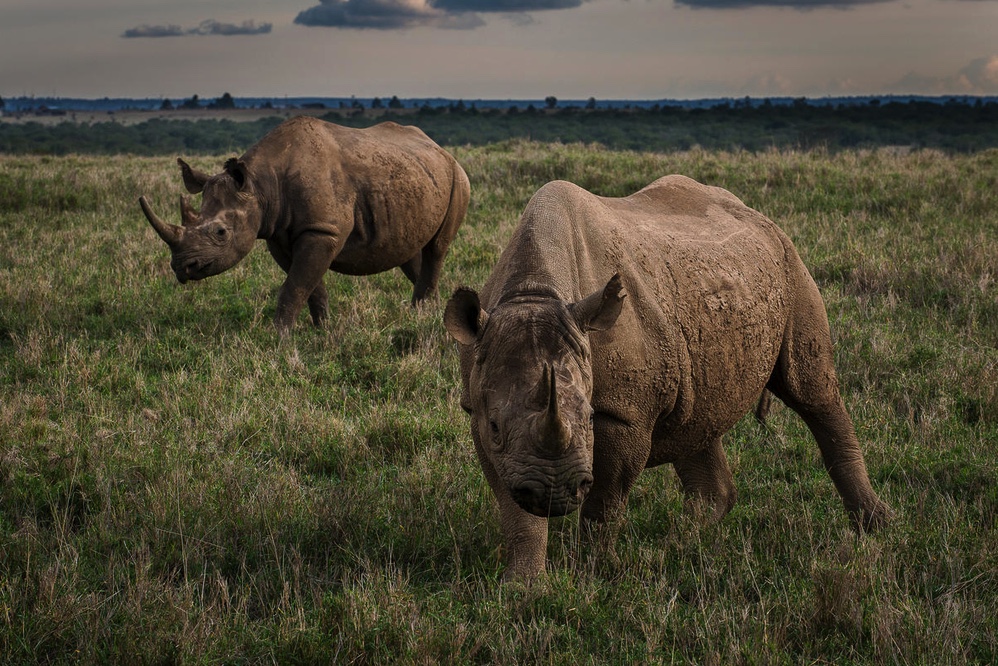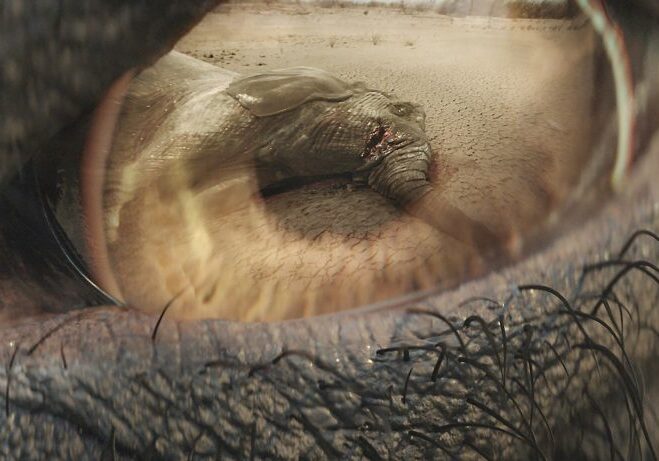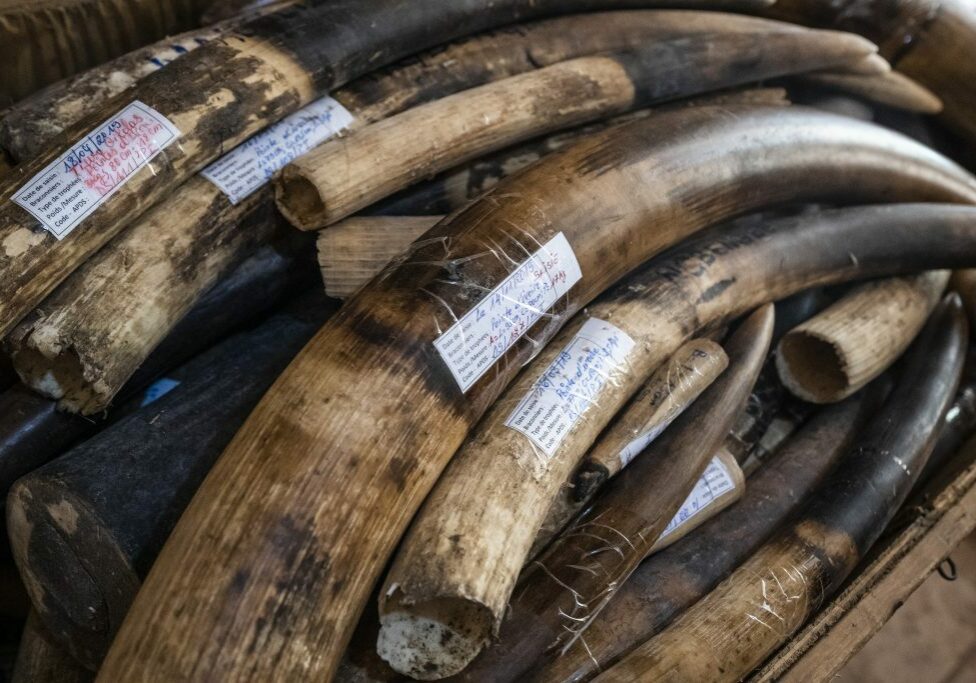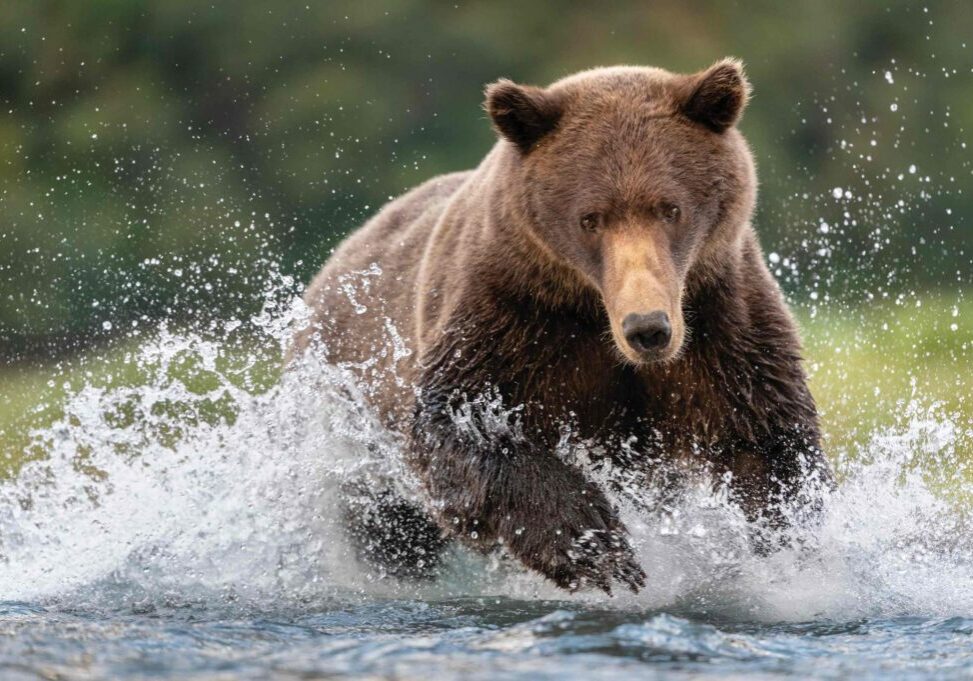During the last decade, rhino poaching in Africa soared to crisis levels, driven by demand in south-east Asia, where rhino horn has been touted as everything from a hangover cure to a cancer remedy. In Kenya, the crisis reached its peak in 2013, when a total of 59 rhinos were killed.
But with your support, we’ve been working with Kenya Wildlife Service (KWS) and local communities to bring that number down and help rhinos recover. Only four rhinos were poached in the country in 2018, and just one in 2019.
A year with zero rhino poaching – the first since 1999 – is a tribute to the work we’ve been doing with KWS and other partners on the ground to safeguard rhino populations. Your support has helped supply vital equipment, including GPS systems, vehicles and cameras, and provide rangers and support teams on patrol with boots, rations and mosquito nets.
Elephant poaching also fell, from a peak of 384 cases in 2012 to 11 in 2020 – the lowest number KWS has ever recorded. The reduction in poaching is part of our wider work to rebuild rhino populations in Kenya, particularly of critically endangered black rhinos.
Half a century ago, Kenya was home to around 20,000 black rhinos but relentless hunting and habitat loss almost wiped them out. By the mid-1980s, as few as 350 remained. Now, though, their population is on the increase. At the last count in 2020, there were 853 black rhinos in the country, out of a global population of 5,630.

Our next goal is to increase the number of black rhinos in Kenya to 2,000. As well as tackling the ever-present threat of poaching, we’re working with KWS and others to establish rhino sanctuaries and relocate rhinos to start new populations.
The success of 2020 happened despite the challenges of the pandemic. Tourism revenues – which are vital for funding conservation work in Kenya – have fallen drastically as a result of the Covid-19. We’ve worked closely with KWS and private rhino sanctuaries to bridge this financial gap.
Your support has also been crucial in enabling rangers to continue to carry out their work safely – we’ve provided face masks, hand sanitiser and other personal protective equipment.
In South Africa, which is home to the world’s largest rhino population, poaching also fell for the sixth consecutive year. A total of 394 rhinos were killed by poachers in 2020, down by almost a third on 2019 and from a peak of 1,215 in 2014. While this is an encouraging trend, any losses are too many.
With your support, we’re determined to keep up our efforts to stop the poaching and illegal trade of rhinos, elephants and all other endangered species.
More to explore

Elephants in the line of fire
Just like us, elephants feel complex emotions, including trauma, grief and loss. So we’re fighting to protect them from the horror of the illegal ivory trade. Find out how you’re helping us stamp out crime on the front line

